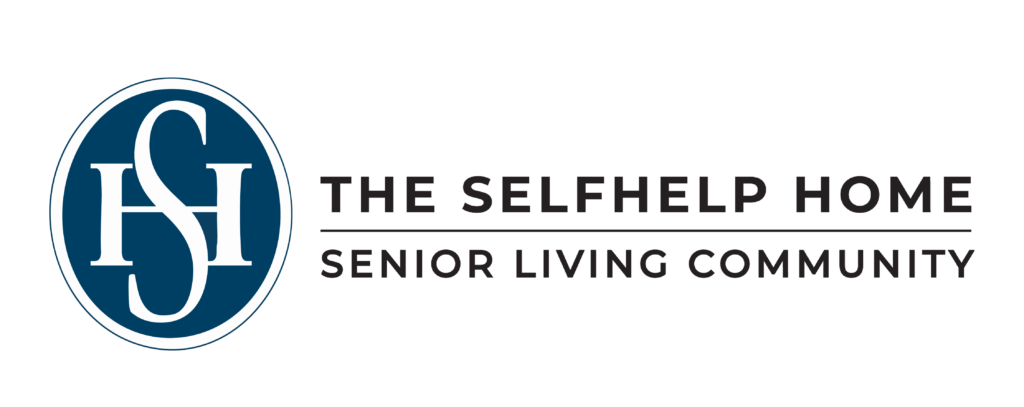Featured article is sourced from the Centers for Disease Control and Prevention.
If you have a heart attack or other heart problem, cardiac rehabilitation is an important part of your recovery. Cardiac rehabilitation can help prevent another, perhaps more serious, heart attack and can help you build heart-healthy habits. Learn more about who needs cardiac rehabilitation and how it can help your recovery.
About 800,000 people in the United States have a heart attack every year. About 1 in 4 of those people already had a heart attack. Cardiac rehabilitation not only can help a person recover from a heart problem but can also prevent future heart problems.
What is cardiac rehabilitation?
Cardiac rehabilitation is an important program for anyone recovering from a heart attack, heart failure, or other heart problem that required surgery or medical care.
Cardiac rehabilitation is a supervised program that includes:
- Physical activity.
- Education about healthy living, including how to eat healthy, take medicine as prescribed, and quit smoking.
- Counseling to find ways to relieve stress and improve mental health.
A team of people may help you through cardiac rehabilitation, including your health care team, exercise and nutrition specialists, physical therapists, and counselors.
Who needs cardiac rehabilitation?
Anyone who has had a heart problem, such as a heart attack, heart failure, or heart surgery, can benefit from cardiac rehabilitation. Studies have found that cardiac rehabilitation helps men and women, people of all ages, and people with mild, moderate, and severe heart problems.
However, some people are less likely to start or finish a cardiac rehabilitation program, including:
- Studies show that women, especially minority women, are less likely than men to start or complete cardiac rehabilitation. This may be because doctors may be less likely to suggest cardiac rehabilitation to women.
- Older adults. Older adults are also less likely to join a cardiac rehabilitation program following a heart problem. They may think they are unable to do the physical activity because of their age, or they may have other conditions that can make exercising harder, such as arthritis. The need to address other physical conditions makes cardiac rehabilitation especially useful for older adults, since it can improve strength and mobility to make daily tasks easier.
How does cardiac rehabilitation help?
Cardiac rehabilitation can have many health benefits in both the short and long term, including:
- Strengthening your heart and body after a heart attack.
- Relieving symptoms of heart problems, such as chest pain.
- Building healthier habits such as getting more physical activity, quitting smoking, and eating a heart-healthy diet. A nutritionist or dietitian may work with you to help you limit foods with unhealthy fats and eat more fruits and vegetables that are high in vitamins, minerals, and fiber.
- Reducing stress.
- Improving your mood. People are more likely to feel depressed after a heart attack. Cardiac rehabilitation can help prevent or lessen depression.
- Increasing your energy and strength to make daily activities like carrying groceries and climbing stairs easier.
- Making you more likely to take your prescribed medicines that help lower your risk for future heart problems.
- Preventing future illness and death from heart disease. Studies have found that cardiac rehabilitation decreases the chance that you will die in the 5 years following a heart attack or bypass surgery by about 35%.
Where can I get cardiac rehabilitation?
Some programs are done in a hospital or rehabilitation center, and other programs can be done in your home. Cardiac rehabilitation may start while you are still in the hospital or right after you leave the hospital. Cardiac rehabilitation programs usually last about 3 months but can range anywhere from 2 to 8 months.
Talk to your doctor about cardiac rehabilitation. Many insurance plans, including Medicaid and Medicare, cover it if you have a doctor’s referral.
❤️ The Selfhelp Home is Now Offering a Heart Health Rehabilitation Program at our Health & Rehabilitation Center.
Our Heart Health Rehabilitation program is a post-acute short-term medically supervised program designed to improve your cardiovascular health after a cardiac event, a planned surgery or just to manage an ongoing heart or pulmonary diagnosis. We have collaborated with respected cardiologist, Dr. Joel Okner, to offer a unique program consisting of monitoring, a regular exercise program including counseling and training, education for heart healthy living and reducing stress.
By participating in a cardiac rehab program, you lower the risk of death and health complications after a cardiac event or procedure and boost your chance of returning to an active lifestyle. It also reduces the chances of returning to the hospital.
The Selfhelp Home would love to be part of your heart health journey. We’re a 5-star Medicare-licensed facility maintaining the highest possible ratings by CMS and recognized by U.S. News and World Report as one of the Best Nursing Homes for seven consecutive years.
You can learn more about Selfhelp’s Heart Health Rehabilitation Program here.
To participate or find out more about eligibility, contact Elizabeth Sanchez, Director of Admissions, [email protected] or call 773-985-5942.
References:
- Virani SS, Alonso A, Benjamin EJ, Bittencourt MS, Callaway CW, Carson AP, et al. Heart disease and stroke statistics-2020 update: a report from the American Heart Associationexternal icon. Circulation 2020;141:e139-596.
- Schopfer DW, Forman DE. Cardiac Rehabilitation in Older Adultsexternal icon. Can J Cardiol. 2016 Sep;32(9):1088-96.
- Supervía M, Medina-Inojosa JR, Yeung C, Lopez-Jimenez F, Squires RW, Pérez-Terzic CM, et al. Cardiac rehabilitation for Women: A systematic review of barriers and solutionsexternal icon. Mayo Clin Proc 2017;S0025-6196(17)30026-5.
- Oosenbrug E, Marinho RP, Zhang J, Marzolini S, Colella TJF, Pakosh M, et al. Sex differences in cardiac rehabilitation adherence: A meta-analysisexternal icon. Can J Cardiol 2016;32:1316–1324.
- Schopfer DW, Forman DE. Cardiac rehabilitation in older adultsexternal icon. Can J Cardiol 2016;32(9):1088–1096.
- Servey JT, Stephens M. Cardiac rehabilitation: Improving function and reducing riskexternal icon. Am Fam Physician 2016;94(1):37–43.


